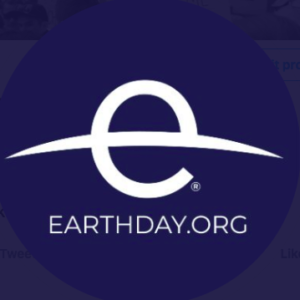Climate Action
The International Union for Conservation of Nature’s World Conservation Congress
September 2, 2016
This week is an important one for EDN and for the international environmental community because it marks the start of what’s considered the world’s largest conservation event, the International Union for Conservation of Nature’s (IUCN) World Conservation Congress (WCC). This year’s Congress, which is held every four years, is being hosted in the United States for the first time in the beautiful city of Honolulu, Hawaii. It kicked off officially and in style yesterday with a speech from President Obama during the opening ceremony and an evening reception filled with ono (delicious in Hawaiian) local food and music by the local but internationally known musician, Jack Johnson. Obama, who grew up in Hawaii, also helped ensured that the WCC had momentum behind it from the start by massively expanding Hawaii’s Papahānaumokuākea National Marine Monument earlier this week. Following the expansion, it is now the largest marine protected area in the world. The stage is now set for a successful Congress to begin today and EDN is excited to be a part of it.
For some background, IUCN is a membership union started in 1948 that is composed of both government and civil society organizations. As the Union’s website describes, it “provides public, private and non-governmental organizations with the knowledge and tools that enable human progress, economic development and nature conservation to take place together. It now has over 1,300 member organizations who belong to it and utilizes the expertise of over 16,000 experts whose work is divided into six commissions dedicated to areas such as species survival, environmental law, and ecosystem management.
What makes meetings like the WCC so important is their ability to bring together thousands of diverse stakeholders (around 6,000 participants are expected to participate this year) within a diverse forum to exchange information, share their perspectives, and democratically shape the global conservation agenda. IUCN Congresses aren’t just exercises in talking either, they have led to several international environmental agreements, such the Convention on Trade and Endangered Species (CITES), widely considered one of the most effective environmental treaties.
2016 stands out as an important time to hold a Congress because it follows recent international progress made on tackling climate change and setting the agenda for sustainable development. Inger Andersen, IUCN’s Director, highlighted the importance of these agreements to this WCC when she said recently that the WCC “will bring together everyone who has a stake, a voice, a say, to move forward on global agreements and make them real.” Hopefully this recent momentum can be built on and some serious progress can be made at this year’s WCC. EDN will definitely be doing its best to ensure that this is the case. Stay tuned to find out how it went!
